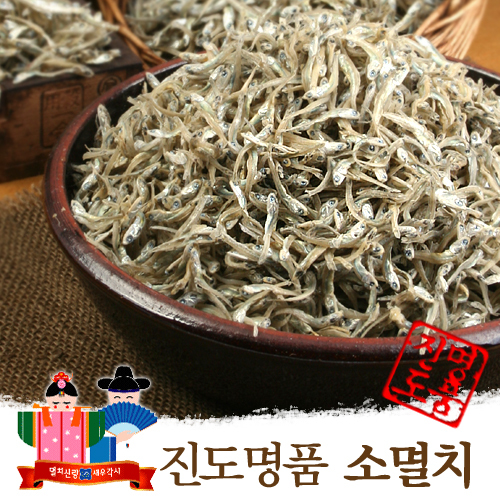Like most, I'm disappointed with Obama. It's hard for me to explain why or how – I actually didn't have as high hopes for him as so many of his supporters apparently did. I saw him as a consummate politician, an insider, and viewed the rhetoric of hope and change as nothing more than that: rhetoric. Still, even in that light, I feel dismayed.
A recent blog entry by Jason Linkins at Huffington Post perhaps expressed my frustrations fairly clearly. He wrote:
I'm particularly struck by the way this proposal [the 3-year spending freeze on certain symbolic sectors of the federal budget] marks a return to the institutionalized infantilism that so defined the Bush presidency. One of the most significant things that Obama promised to do during the campaign was to simply level with the American people — deal with them in straightforward fashion, tell the hard truths, make the tough choices, and go about explaining his decisions as if he were talking to adults. But this plan is so lacking in fundamental seriousness that it cannot be said to play any part of a mature exchange of ideas.
My primary optimism with respect to Obama was merely that he seemed quite intelligent and reasonably honest, and that would have been a nice change from the business-as-usual: either intelligent or honest but never both in the same president, thank you.
It's almost as if somehow politcs will render otherwise honest people dishonest, or otherwise intelligent people stupid. And thus it goes…

